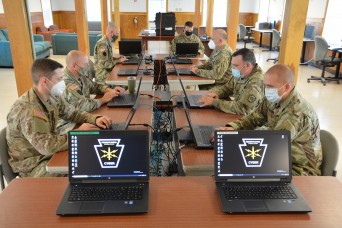FBI warns of Egregor ransomware extorting businesses worldwide

The US Federal Bureau of Investigation (FBI) has sent a security alert warning private sector companies that the Egregor ransomware operation is actively targeting and extorting businesses worldwide.
The FBI says in a TLP:WHITE Private Industry Notification (PIN) shared on Wednesday that Egregor claims to have already hit and compromised more than over 150 victims since the agency first observed this malicious activity in September 2020.
“Because of the large number of actors involved in deploying Egregor, the tactics, techniques, and procedures (TTPs) used in its deployment can vary widely, creating significant challenges for defense and mitigation,” the US intelligence and security service says.
“Egregor ransomware utilizes multiple mechanisms to compromise business networks, including targeting business network and employee personal accounts that share access with business networks or devices.”
Phishing emails with malicious attachments and insecure Remote Desktop Protocol(RDP) or Virtual Private Networks are some of the attack vectors used by Egregor actors to gain access and to move laterally within their victims’ networks.
Egregor uses Cobalt Strike, Qakbot/Qbot, Advanced IP Scanner, and AdFind for privilege escalation and lateral network movement.
Affiliates are also using 7zip and Rclone, at times camouflaged as a Service Host Process (svchost) process, for data exfiltration before deploying the ransomware payloads on the victims’ network.
The FBI also shared a list of recommended mitigation measures that should help defend against Egregor’s attacks:
- Back-up critical data offline.
- Ensure copies of critical data are in the cloud or on an external hard drive or storage device.
- Secure your back-ups and ensure data is not accessible for modification or deletion from the system where the data resides.
- Install and regularly update anti-virus or anti-malware software on all hosts.
- Only use secure networks and avoid using public Wi-Fi networks.
- Use two-factor authentication and do not click on unsolicited attachments or links in emails.
- Prioritize patching of public-facing remote access products and applications, including recent RDP vulnerabilities (CVE-2020-0609,…


